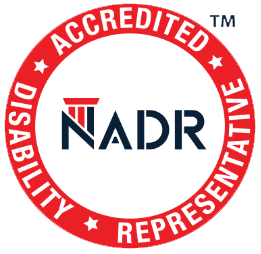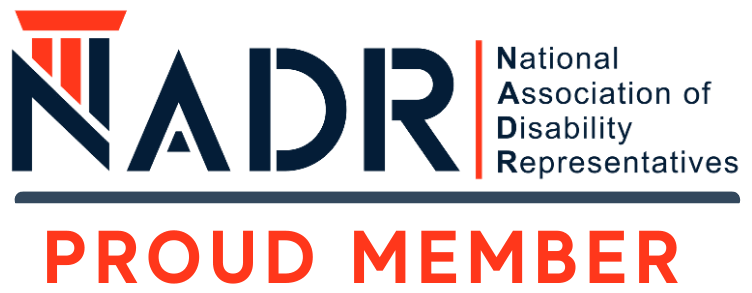What is the Difference Between Medicare and Medicaid?
Confused about the distinctions between Medicare and Medicaid? You’re certainly not alone. These two government health insurance programs are frequently mistaken for each other, but they serve distinct purposes and cater to different demographics. While both programs fall under the umbrella of government healthcare, they extend coverage to separate groups and offer varying benefits to eligible individuals.
To empower yourself with the right healthcare choices, it’s essential to dedicate time to understanding each program thoroughly. Eligibility criteria can vary, and some individuals may even qualify for both programs. By delving into the specifics of Medicare and Medicaid, you can make informed decisions that align with your unique healthcare needs and circumstances.
Understanding the Medicare Health Insurance Program
Medicare is a federal health insurance program primarily designed for individuals aged 65 and older. In the United States, it is the second largest health insurance program. It also covers certain younger individuals with disabilities. The program consists of different parts, each addressing specific aspects of healthcare:
- Part A (Hospital Insurance): This component covers hospital stays, skilled nursing facility care, hospice care, and some home health services.
- Part B (Medical Insurance): Part B encompasses doctor visits, outpatient care, preventive services, and durable medical equipment.
- Part C (Medicare Advantage): This alternative to traditional Medicare combines Parts A and B and is typically goes through private insurance companies. It often includes prescription drug coverage (Part D) and additional benefits like dental and vision care.
- Part D (Prescription Drug Coverage): Part D provides coverage for prescription medications, helping beneficiaries manage the costs of essential drugs.
Medicare eligibility is primarily based on your age and disability status. This program is not income-based, which means you can qualify regardless of your gross income. If you currently receive disability benefits through Social Security Disability Insurance (SSDI), then you can qualify for this program based on your disability status.
Understanding the Medicaid Health Insurance Program
Medicaid is a joint federal and state program that offers health coverage to individuals and families with limited income. It is the largest source of health insurance in the United States. Eligibility requirements, benefits, and services can vary from one state to another, as states have some flexibility in designing their Medicaid programs. Medicaid provides comprehensive coverage, including doctor visits, hospital care, prescription drugs, and preventive services.
It’s essential to recognize that Medicaid is not a one-size-fits-all program. While there are federal guidelines and requirements, each state has significant flexibility in designing and implementing its Medicaid program. This flexibility allows states to tailor their Medicaid programs to the unique needs and demographics of their residents.
Dually Eligible: Qualifying for Both Medicare and Medicaid
Some individuals may qualify for both Medicare and Medicaid, often referred to as “dual eligibility.” In such cases, Medicare serves as the primary payer for healthcare services, while Medicaid can cover some of the costs that Medicare doesn’t, such as premiums, deductibles, and copayments.
It’s important to explore the specific criteria and benefits of each program in your state, as Medicaid programs can differ significantly. By gaining a clear understanding of Medicare and Medicaid, you can make well-informed decisions regarding your healthcare coverage. Whether you’re approaching the age of eligibility for Medicare or assessing your options for Medicaid, taking the time to research and comprehend these programs is a vital step toward securing the right healthcare resources for your needs.
What is Next?
Applying for Medicaid and Medicare involves distinct processes, as each program has its own eligibility criteria and application procedures. While these two federal programs are very different, you may be eligible for one or even both. Most importantly, it is vital to apply for benefits as soon as you become eligible.
For Medicare, you can apply online, visit your local Social Security office, or call them over the phone. As for Medicaid, this can be done through your state agency or the health insurance marketplace.
If you’re uncertain about how Medicare or Medicaid align with your disability benefits application, don’t hesitate to reach out. Our knowledgeable team at Disability Support Services is here to provide you with the answers you need. Contact DSS today for comprehensive assistance.



